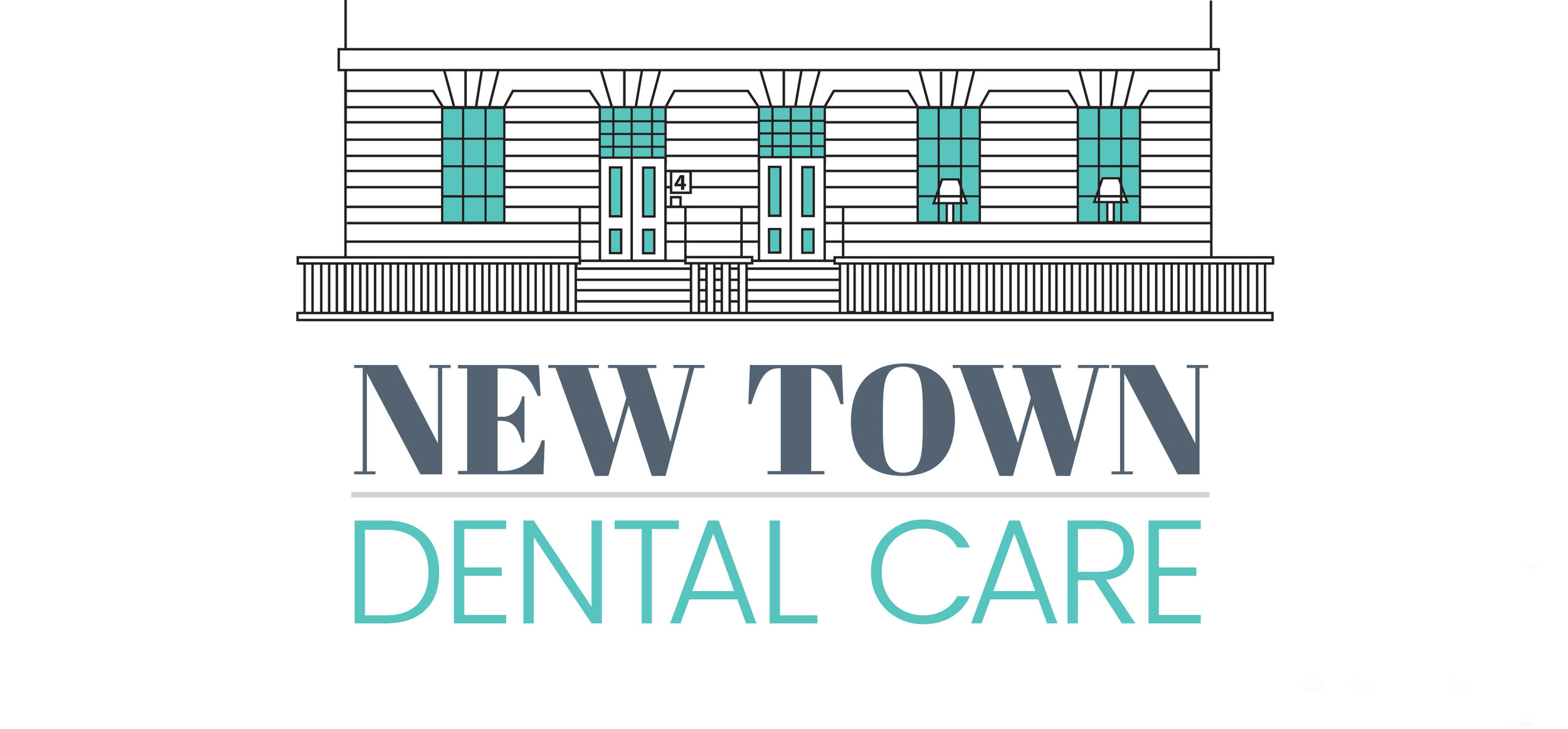The importance of flossing every day
Even though brushing your teeth twice daily is an essential stage, it’s not the only important step in your dental hygiene routine. A simple way of avoiding plaque build-up and reducing your chances of cavities is introducing flossing into your daily routine.
When was the last time you flossed? For many of us, it will be much longer ago than it should have been! It’s easy to skip this step - but we’re here to remind you that for a healthy mouth, flossing should always be on your daily to-do list.
Why floss daily?
Flossing should become part of your daily hygiene routine as it is vital for removing plaque from between your teeth. Plaque is a form of bacteria that can build up on your teeth and cause cavities and gum disease. Plaque will build just beneath your gum line and a tooth brush will not remove it.
If plaque has been left on teeth for a long time, it will turn into a hard substance called tartar which cannot be removed through tooth brushing or dental flossing. Tartar can only be removed by the dentist. However, it can be prevented through regular brushing and flossing.
When should you floss?
Flossing once or twice a day is ideal, and you can do it at any time throughout the day. It is easy to incorporate into your daily schedule as you can floss after a meal, in the morning or evening. Getting into a routine that suits your schedule is the key to remembering to floss.
Floss is easy to use on the go as it is small enough to be thrown into a bag or pocket.
Which floss should you use?
The gap between everyone’s teeth is different so depending on the size of the gap there are different tools you can use.
For a small gap we’d recommend Oral-B Essential Dental Floss Mint. If you have bigger gaps between your teeth a dental tape or interdental brush work better. For this we recommend Oral-B Satin Tape Dental Floss Mint. Interdental brushes can be purchased at any pharmacist or supermarket like Boots, Superdrug, Tesco and ASDA.
How should you floss?
Gently slide floss between teeth and then bring the floss beneath the gum line to ensure maximum cleanliness.
The first time you floss your gums may bleed, this is normal. If your gums keep bleeding after a week of use, you should visit the dentist.
In need of more flossing tips? Just give our friendly Edinburgh dentists a call on 0131 556 2776 and we’ll get you booked in for a check-up to chat through any dental questions you have!

